In any human army, one of the most important groups of people do no fighting at all. They are the medics. These are doctors who tend to injured soldiers and get them to safety so that they can heal. Incredibly though, humans are not the only species to do this. Welcome to the world of the Megaponera analis. It is an African ant that rescues its wounded and takes them home.
All is fair in battle
The Megaponera analis is an ant that specializes in attacking termite colonies and preying on the inhabitants. Though these ants have a bit of a size advantage over most of the termites, the fighting between ants and larger soldier termites is pretty vicious.
Some ants get seriously injured or exhausted by the intense battle. Soldier termites will even hang on to wounded ants to make it more difficult for them to move. In the animal kingdom, events like this would usually see the injured insects left behind by their comrades. But not the Megaponera analis. It will carry these weakened fellow soldiers on their backs to the safety of their nest. The injured even release a phermone, or scent, that larger ants read as a signal to be rescued—almost like calling 911!
Have a look for yourself.
Not about kindness... but still amazing
This behaviour can seem like an example of altruism. This happens when someone does something kind or beneficial for another, even if there is no direct benefit to that person. It is also known as kindness.
Scientists, however, are quick to point out that this is not what is happening here. These ants aren't helping each other out of the goodness of their hearts. But it is an example of this insect's remarkable social structure.
Highly evolved behaviour
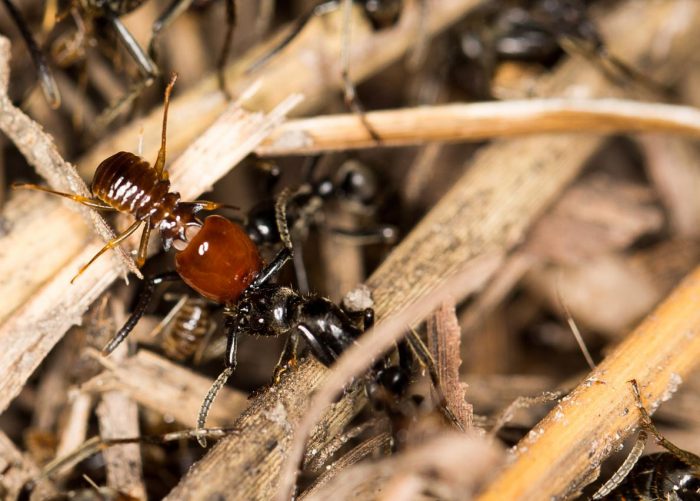
A termite soldier (left) and ant do battle. (Erik T. Frank)
There is a real benefit to these ants saving each other. According to the scientist who led the study, Erik T. Frank from the University Würzburg in Germany, "these injured ants are able to participate again in future raids and remain a functioning member of the colony." The colonies are about 30% larger thanks to these rescues.
Frank also notes that this rescue behaviour "is actually not as widespread as one might think" among the animal kingdom. Even highly-intelligent animals who hunt in groups, such as chimpanzees, haven't evolved to do it yet.
Think about that the next time you see a colony of ants scurrying around this spring. They may be small, but few animals have mastered how to work together quite like the ant.
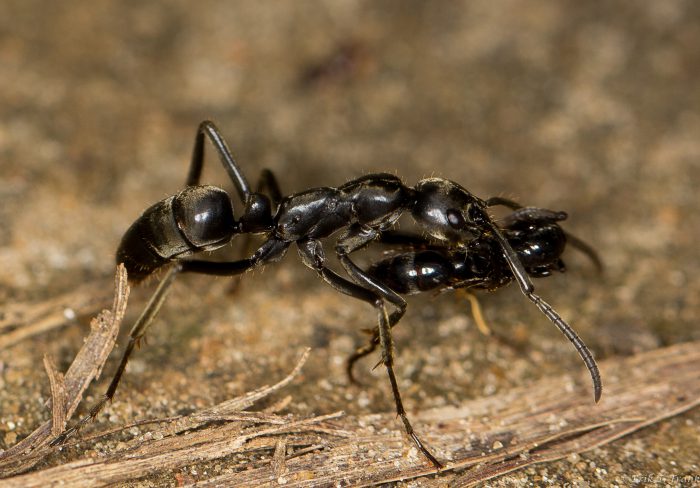 An ant carries a wounded soldier back to the colony to heal. (Erik T. Frank)
An ant carries a wounded soldier back to the colony to heal. (Erik T. Frank)
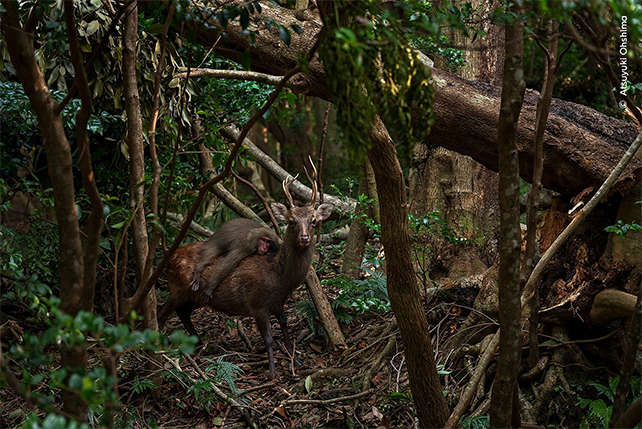

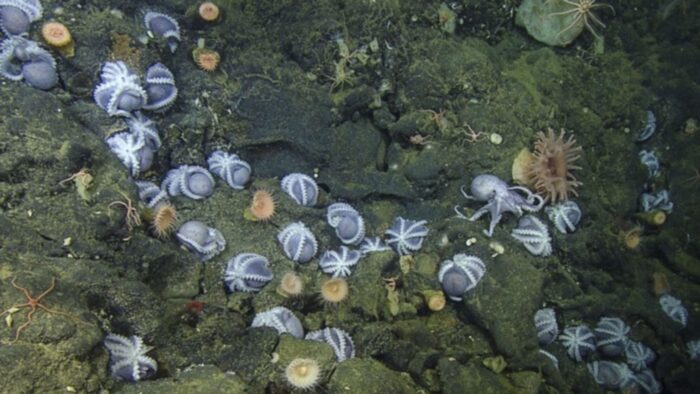
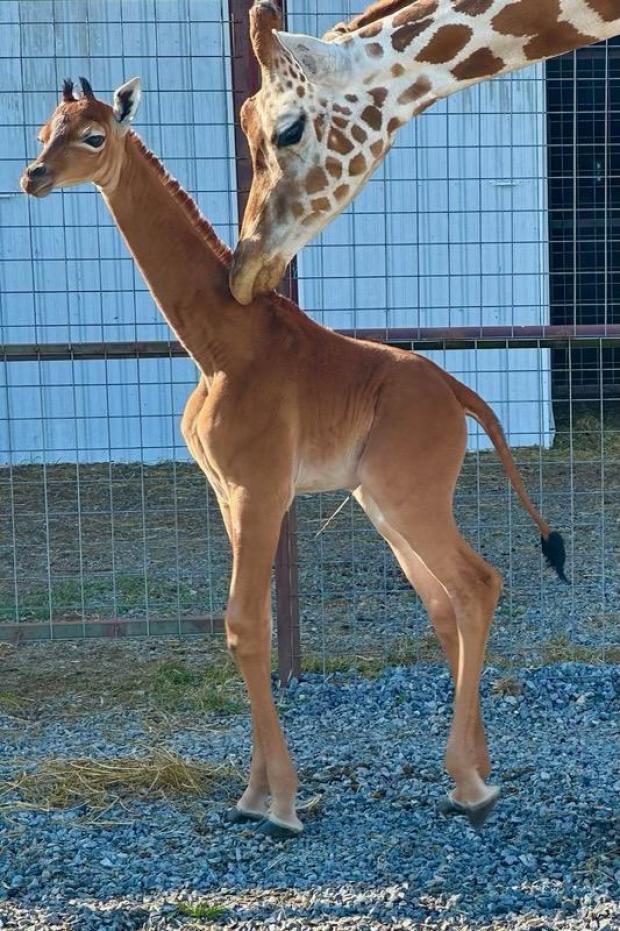

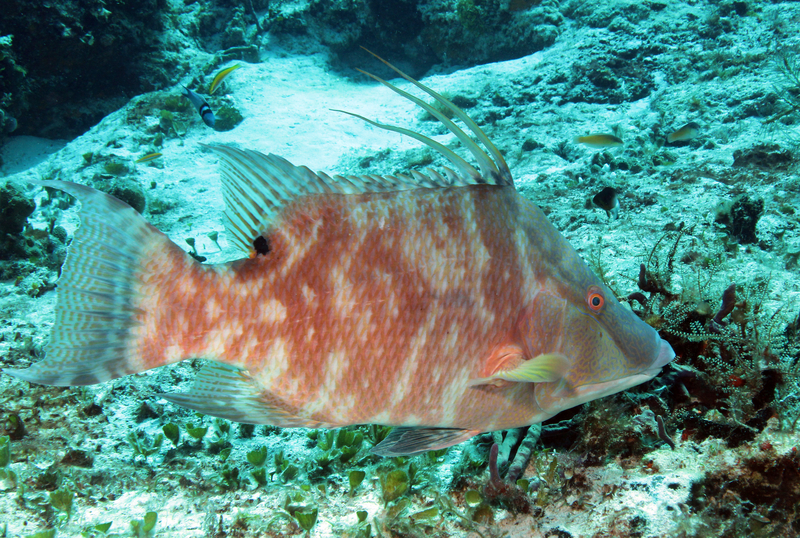


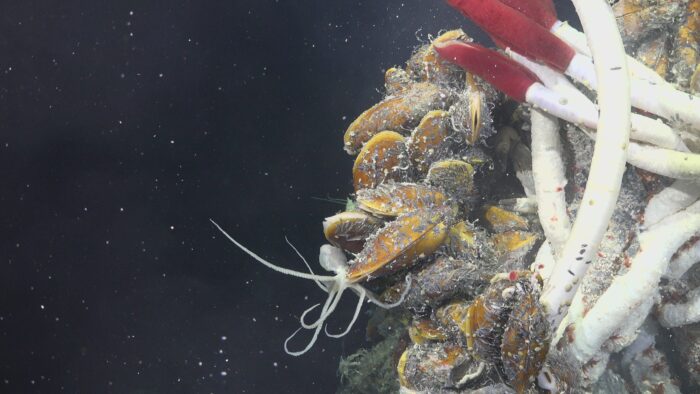
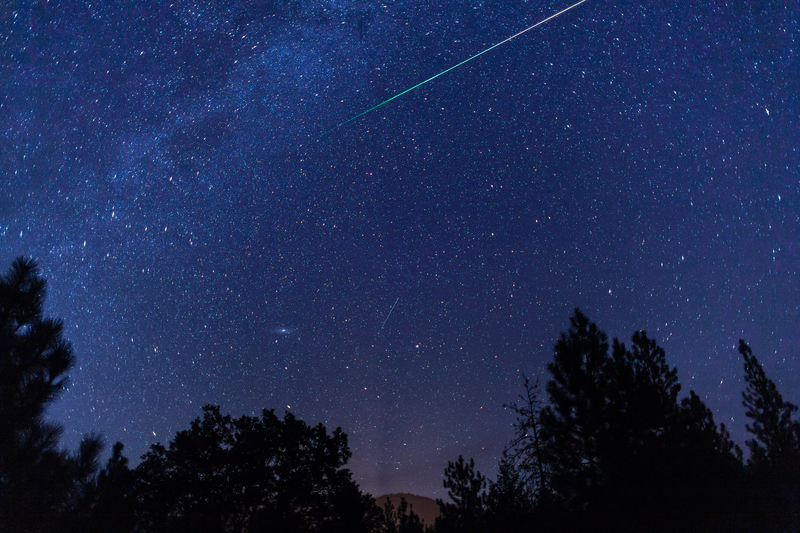
# superant 😎 😀
Can you send me Chemical formula of that pheromone? 😀 Thank you in advance!